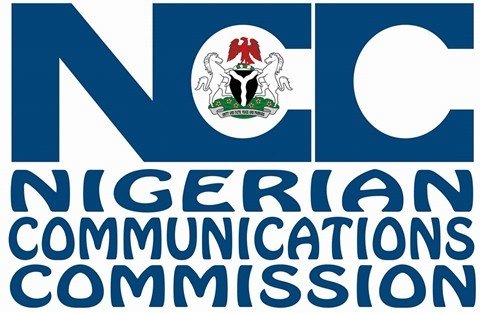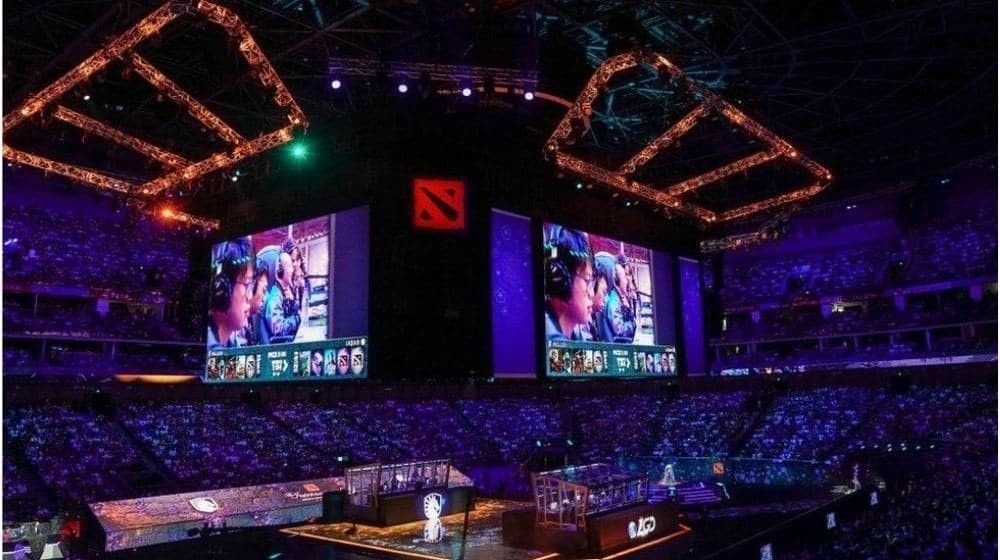The Bangladesh Telecommunication Regulatory Commission (BTRC) announced on Wednesday that it has reduced the national usage of terrestrial bandwidth imported from India to 50%, down from the previous 60%. This change comes as part of an amendment to the IIG Licensing Guideline, which mandates that every International Internet Gateway (IIG) operator ensure that no more than half of their total internet traffic is routed through International Terrestrial Cables (ITCs).
To create a more equitable playing field between submarine and terrestrial cable businesses, the BTRC has also raised the mandatory revenue-sharing rate with the government for ITCs from 1% to 3%, aligning it with the rate already paid by submarine cable operators.
In January, the Posts and Telecommunications Division raised the market share target for Bangladesh’s sole submarine cable operator, Bangladesh Submarine Cable PLC, to 60% from 40%. The government has instructed the state-owned company to make its services more affordable and develop special packages for data centers, cache servers, and anticipated content delivery networks (CDNs) from global companies like Google, Meta, Akamai, and Amazon.
Md Ariful Huq, deputy general manager (Marketing and Sales) of Bangladesh Submarine Cable, welcomed the regulatory change. He noted that Bangladesh spends around $50 million annually on importing approximately 4.5 terabits per second (Tbps) of terrestrial bandwidth from India, and the new cap could save the country around $12 million per year. Bangladesh Submarine Cable is capable of serving more than 60% of the market and has already added a 30% bonus capacity for international private leased circuit (IPLC) services via its SMW-4 cable.
The company also offers a 50% bonus bandwidth for IP transit services to select destinations, primarily Singaporean servers, to attract IIGs seeking popular content. Huq also highlighted the improved speed of customer request processing and noted that over 70% of the country’s 6-7 Tbps of bandwidth consumption involves CDN content from providers like Google, Meta, and Akamai.
The market share of terrestrial internet has increased to around 60% in Bangladesh, partly due to India’s establishment of CDN servers within its territory, which has improved content delivery through ITC cables. The BTRC has also mandated that IIGs maintain satellite-based internet connections as a 10% capacity backup.
Aslam Hossain, managing director of Bangladesh Submarine Cable, expressed that the reduction of the cap would enhance national resource utilization. He further noted that the company’s installed capacity of 7.2 Tbps is expected to grow to over 20.4 Tbps next year, and three private submarine cables are projected to add 45 Tbps to the national capacity by 2027.
However, ITC operators have raised concerns about the potential negative impact on service quality and financial losses due to the policy change. Lt Commander (retd) Moshiur Rahman, chief operating officer of Fiber@Home Global, a leading ITC operator, stated that ITC companies purchase their capacity through annual contracts, and a sudden decrease in sales could hurt their business. He also warned that the mandatory routing of data to more distant Singaporean servers could degrade service quality, as major content providers like Google and Meta typically route data from geographically closer CDN servers.















